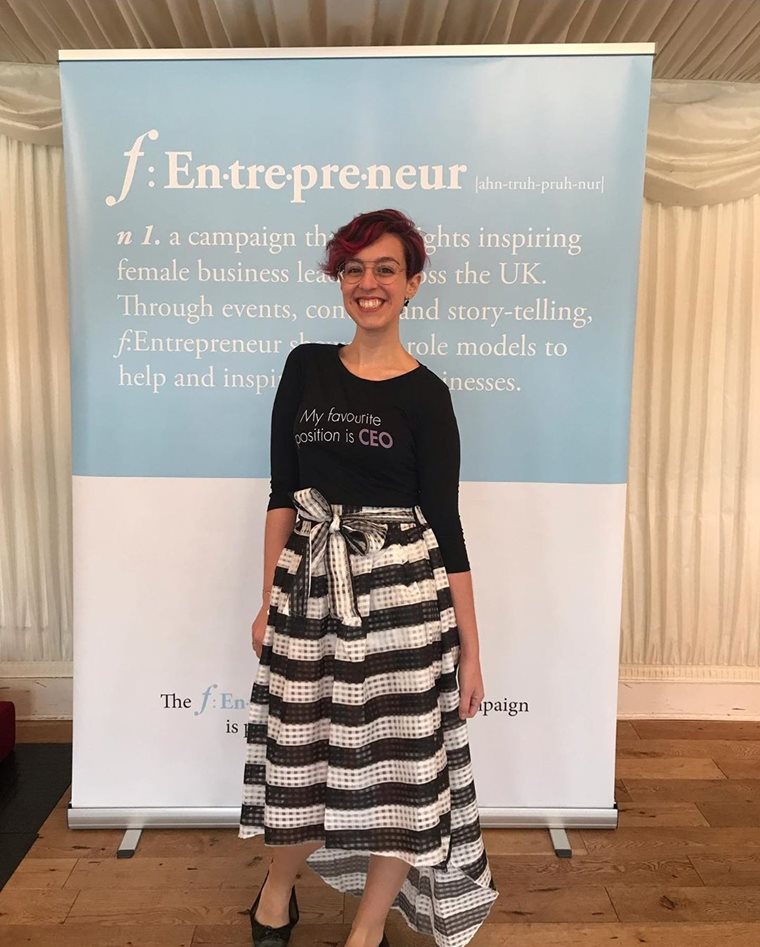Six tips to avoid Greenwashing
Wednesday 30 November 2022

How often have you heard the term greenwashing in recent months? It certainly feels to me that it’s being talked about widely and that more companies are being called out for it than ever. That’s a good thing of course, but fear of being accused of greenwashing is leading growing numbers of businesses to keep quiet about their environmental efforts, giving rise to a new phenomenon that’s been dubbed ‘greenhushing’. And the problem with keeping quiet? Well, for one thing, it’s very hard to influence, show leadership or inspire change by saying nothing. So the challenge for businesses is to talk transparently and openly about what they’re doing to reduce their environmental impacts, while avoiding any accusation that they’re misleading customers by over claiming. Sounds difficult, but if you follow our six tips, it’s not so hard.
Greenwashing by business is both a serious reputational risk and a growing area for regulation. It’s also the subject of scrutiny by a growing number of environmentally-focused NGOs who exist to identify and call out companies that make unsubstantiated green claims. Oil companies, FMCG manufacturers and fashion brands such as H&M seem to be particularly prone to overclaiming, but any company can fall foul if it doesn’t take care.
As consumers, we’ve become more sensitively attuned to the possibility that brands may be greenwashing as they try to sell us goods based on their environmental credentials. We all want to do our bit to reduce our impact on climate change, so we tend to be on the lookout for products that will support us in those efforts and keywords like ‘sustainable’, ‘biodegradable’, ‘recycled’, ‘eco’ and ‘energy efficient’ will spark our interest. Marketing teams, quick to tune in to the needs and wants of customers can therefore be tempted to use such terms without paying due care to ensure the claims stand up and can be fully evidenced. Admittedly, sometimes this can be unintentional, but the risk and damage caused are the same whether the greenwashing was intended or not.
Before we look at the 6 tips to avoid greenwashing, it’s worth understanding some of the different ways that greenwashing can actually occur. This recent article by @RTE points to seven sins to look out for and is as useful for marketing teams to highlight what to avoid as it is for consumers to know what to look out for. In summary, the article highlights the following greenwashing sins:
• The hidden trade-off – focusing on one small environmental benefit while avoiding the wider negative impacts
• No proof – making claims without credible evidence to support them
• Vagueness – claims that are too broad and not clearly defined
• Worshipping false labels – using wording such as ‘100% organic certified’ when this is simply false – always look for recognisable third party certification
• Irrelevance – eg claiming to be CFC free, when CFCs (chlorofluorocarbons) were banned over 30 years ago
• Lesser of two evils – green claims made by products that are inherently damaging to the environment
• Fibbing – simply making false claims, such as an oil company claiming to be ‘helping provide a sustainable future’
Such is the increase in companies making claims which don’t stand up to scrutiny that in September 2021, the Competition and Markets Authority (CMA) published the Green Claims Code. The aim of the Code is to combat greenwashing and support companies to make claims that are honest and genuine. A random and global review of websites by the CMA in 2020 found that 40% of claims being made could be misleading consumers, leading to the creation of the Code the following year.
The key principles of the Green Claims Code form the basis of the six tips you should follow to avoid greenwashing. To comply with the Green Claims Code, claims must:
1. Be truthful and accurate
Make sure your claims can be backed up with recent, credible evidence and that everything you say is true. Be careful not to imply things that are factually incorrect and don’t overstate or exaggerate the sustainability or positive impact of your product, service, process, brand or business. For example, don’t say a product is ‘recyclable’ or ‘organic’, unless this applies to ALL the components or ingredients and not just a few.
2. Be clear and unambiguous
Use terms that are clear and understandable and can’t be confusing or misleading for customers. For example, labelling a product as recyclable if only the packaging and not the contents themselves can be recycled, is misleading. Be clear on which elements the term applies to.
3. Not omit or hide important information
Claims shouldn’t focus on one positive environmental aspect of a product, service, process, brand or business, where other aspects not being talked about have a negative impact, as this could be misleading. For example, promoting paper straws as being an environmentally friendly choice while ignoring the large amounts of water needed for their production.
4. Only make fair and meaningful comparisons
When comparing your product with another, both products should meet the same needs or be intended for the same purpose to start with and any comparison should be between representative features or aspects of the relevant products. It’s also important that any comparison is up to date, relevant and has context. For example, saying that your product is now ‘greener’ is not sufficient without being clear what you’re comparing it with and what is being measured to determine its ‘greenness’.
5. Consider the full lifecycle of the product
The effect of the total life cycle of a product or service could have a big impact on the accuracy of your claims. That means looking at how and where the component parts were sourced and transported, its use or performance and its disposal at end of life and the impacts of this. For example, a piece of tech which is energy efficient to use is good, but if the sourcing of materials to make the product is environmentally damaging and unsustainable, this shouldn’t be overlooked in any claims.
6. Be substantiated
It’s important to have robust, credible, relevant and up to date evidence to support any environmental claims you make. If this can’t be evidenced and you’re thought to be greenwashing, you could face not only reputational damage, but fall foul of the advertising standards authority or potentially be taken to court.
There’s a lot to keep in mind of course, but this is a really important issue and tolerance of companies that are thought to be greenwashing is getting lower by the day, so it’s a vital one for the marketing department to be on top of.
Take a look at the Green Claims Code Checklist next time you’re developing marketing, advertising, packaging or any form of communication about your product or service and make sure you can answer yes to all the questions. If you can, shout it loud and proud and do your bit to inspire positive change towards a more sustainable future. If you’re struggling on this or any other sustainability issues, give GIRAFFE Associates a call to see how we could help.
Wednesday 30 November 2022




 Contact us
Contact us
 Share on social
Share on social Share with a friend
Share with a friend Facebook
Facebook LinkedIn
LinkedIn
 Twitter
Twitter



















 Get in touch with us
Get in touch with us